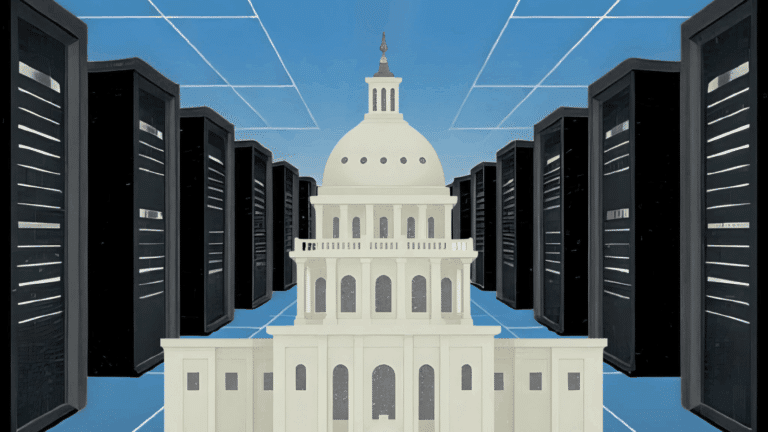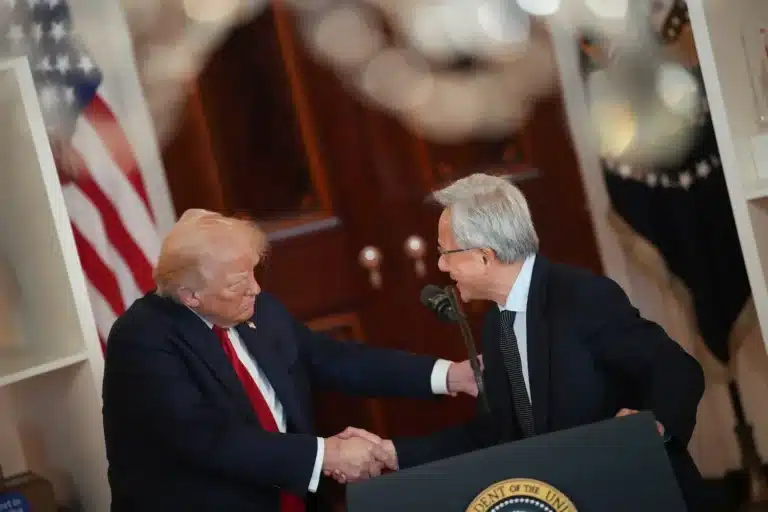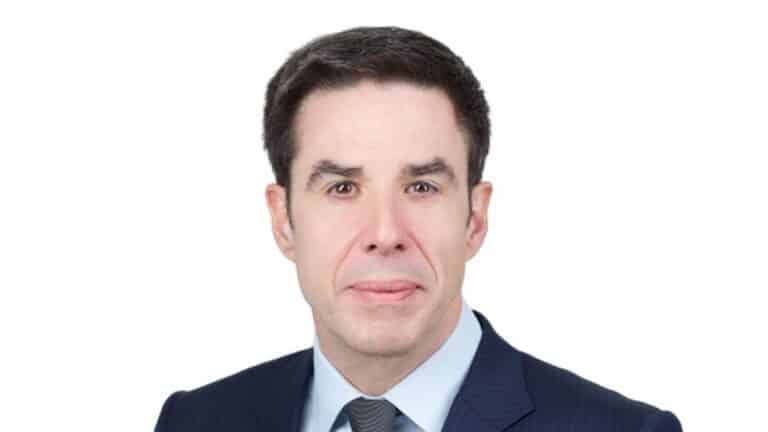This website uses cookies as well as similar tools and technologies to understand visitors’ experiences. By continuing to use this website, you consent to Columbia University’s usage of cookies and similar technologies, in accordance with the Columbia University Website Cookie Notice.
Energy Journalism Initiative at Columbia University Announces 2022 Cohort
The Center on Global Energy Policy (CGEP) at Columbia University is excited to announce this year’s cohort of selected journalists for the 2022 Energy Journalism Initiative (EJI). Since its inception in 2017, EJI has enrolled 120 journalists from the US and around the world. The program is designed to educate journalists on a variety of issues shaping the global energy sector, including finance and markets, climate change, science and technology, policy, and geopolitics.
Taught by CGEP Scholars, Columbia faculty, and other academic, industry, and government experts, the five-day seminar is typically hosted on campus at Columbia University. Given the ongoing pandemic and travel restrictions, this year’s program will be held virtually from Monday, June 13 to Friday, June 17, to allow journalists to join from across the globe.
“It’s a privilege to bring together leading experts and talented journalists to discuss some of the most pressing issues in climate and energy,” said Bill Loveless, Director of the Energy Journalism Initiative. “We see this program as an important opportunity for journalists and scholars to learn from one another and make otherwise challenging topics more accessible to both policymakers and the public.”
This year’s cohort of selected journalists includes:
1. Abbie Bennett, Energy and Environment Reporter, S&P Global
2. Jonathan Brown, Moscow Correspondent, Agence France-Presse
3. Matthew Choi, Energy Reporter, POLITICO
4. Catherine Clifford, Climate and Innovation Technology Reporter, CNBC
5. Casey Crownhart, Climate and Energy Reporter, MIT Technology Review
6. Louise Dewast, Correspondent, Agence France-Presse
7. Jenessa Duncombe, Science Reporter, EOS Magazine, American Geophysical Union
8. Mara Hoplamazian, Energy and Environment Reporter, New Hampshire Public Radio
9. Karoline Kan, Climate Reporter, Bloomberg Green
10. Sylvia Klimaki, Producer, Bloomberg TV
11. Sheri McWhirter, Climate Reporter, MLive
12. Clark Mindock, Climate and Energy Reporter, Law360
13. Daniel Moore, Energy Reporter, Bloomberg Law
14. Grace Murray, Environment Impact Producer, The Bureau of Investigative Journalism
15. Diana Nava, Senior Economics Reporter, Expansión
16. Shoko Oda, Japan Energy Reporter, Bloomberg
17. Andrea Palasciano, Economics and Business Correspondent, Agence France-Presse
18. Tatiana Serova, Energy Reporter, Argus Media
19. Inayat Singh, Environment and Climate Change Reporter, CBC
20. Miriam Wasser, Environmental Reporter, WBUR
To learn more about the Energy Journalism Initiative at Columbia University, visit the Energy Journalism Initiative page on our website. Applications for the 2023 cohort will open early next year.
More News
Europe’s world-first carbon tariff is coming. Here’s what to know.
The EU’s Carbon Border Adjustment Mechanism is part of a broader effort to decarbonize heavy industries in Europe and globally. It takes full effect Jan.…
Trump elevates fossil fuels in national security plan
The White House’s new National Security Strategy ignores a key source of China’s strength.
Relevant
Publications
Data Centers and Their Energy Use: Trends in State Capitals
From the east to west and north to south, in red states and blue states, attention to data centers is skyrocketing in state capitals across the United States.

The Nvidia Chip Deal Is a National Security Disaster Waiting to Happen
Trump’s latest proposal would cede the United States’ AI advantage.

Beyond Tariffs: Coercive US Trade Deals and Southeast Asia’s Clean Energy Future
Two trade agreements recently negotiated by the Trump administration contain novel and coercive provisions with little precedent in US trade policy or the global trade system.


